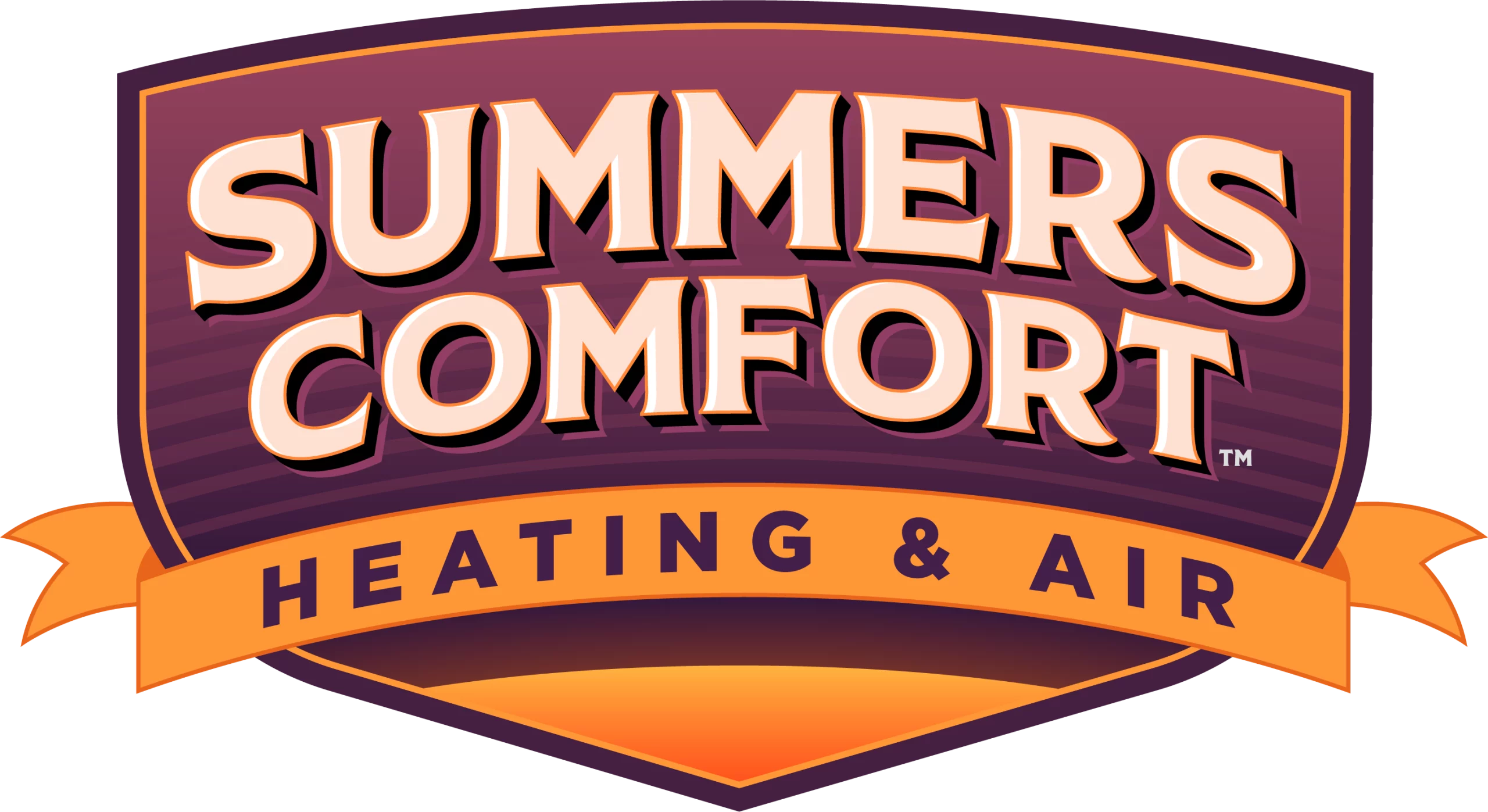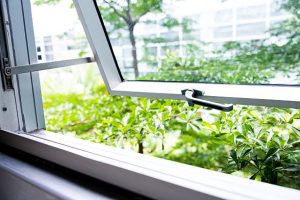
“Summers are for sunbathing, not sweating. Let Summers AC & Heating keep you cool when the heat’s got you beat!”
Regular HVAC Maintenance:
Scheduled maintenance of your heating, ventilation, and air conditioning (HVAC) system is essential for maintaining good indoor air quality. Dust, pollen, mold, and other contaminants can accumulate in your HVAC system over time, leading to poor IAQ. Make sure to change air filters regularly, clean ducts and vents, and schedule professional HVAC inspections and cleanings at least once a year.
Maintain Optimal Humidity Level:
Excessively high or low humidity levels can contribute to IAQ issues and promote the growth of mold and mildew. Use a hygrometer to monitor indoor humidity levels and aim for a relative humidity range of 30-50%. Consider using a humidifier in dry climates or during the winter months and a dehumidifier in humid environments to maintain balanced humidity levels.
Limit Indoor Air Pollutants:
Take steps to reduce indoor air pollutants by eliminating or minimizing sources of contamination. Avoid smoking indoors, use natural cleaning products with low VOC (volatile organic compound) emissions, and choose furniture, flooring, and building materials that are low in formaldehyde and other harmful chemicals. Keep indoor plants to help absorb carbon dioxide and release oxygen, improving air quality naturally.
Use High-Quality Air Filters:
Invest in high-efficiency air filters for your HVAC system to trap airborne particles and pollutants effectively. Look for filters with a Minimum Efficiency Reporting Value (MERV) rating of 8 or higher, which can capture a wide range of particles, including dust, pollen, pet dander, and mold spores. Replace air filters according to manufacturer recommendations to ensure optimal filtration efficiency.
Ventilate Your Home Properly:
Proper ventilation is essential for removing indoor air pollutants and replenishing fresh outdoor air. Open windows and doors whenever weather permits to allow for natural ventilation. Additionally, consider installing exhaust fans in bathrooms, kitchens, and other high-moisture areas to remove excess humidity and pollutants generated from cooking, cleaning, and bathing.
Regular Cleaning and Dusting:
Regular cleaning and dusting are essential for removing dust, pet dander, and other allergens that can accumulate on surfaces and in carpets, upholstery, and bedding. Vacuum carpets and rugs frequently using a vacuum cleaner equipped with a HEPA (high-efficiency particulate air) filter, and use a damp cloth or microfiber duster to trap and remove dust from surfaces.




